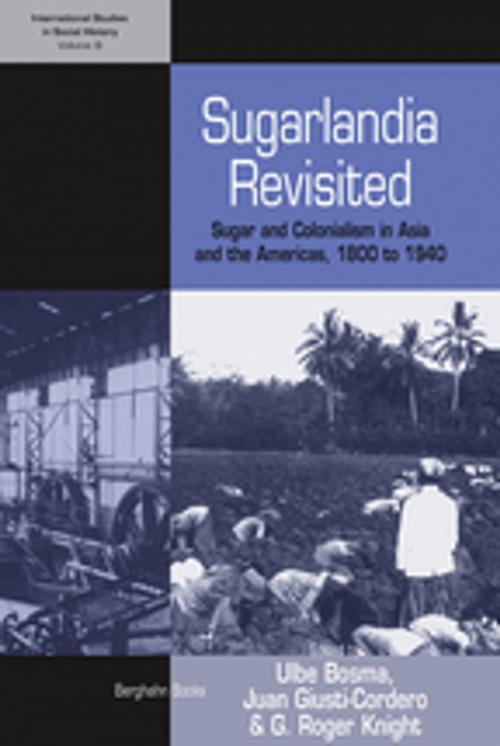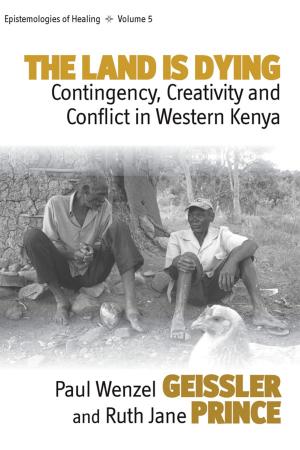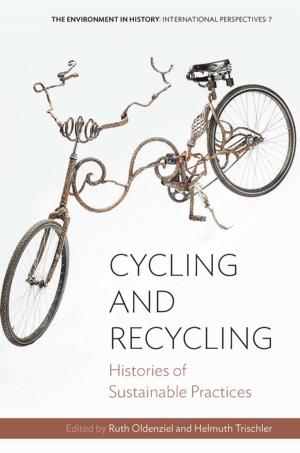Sugarlandia Revisited
Sugar and Colonialism in Asia and the Americas, 1800-1940
Nonfiction, History, Modern, 19th Century, 20th Century, Social & Cultural Studies, Political Science| Author: | ISBN: | 9780857452429 | |
| Publisher: | Berghahn Books | Publication: | October 1, 2007 |
| Imprint: | Berghahn Books | Language: | English |
| Author: | |
| ISBN: | 9780857452429 |
| Publisher: | Berghahn Books |
| Publication: | October 1, 2007 |
| Imprint: | Berghahn Books |
| Language: | English |
Sugar was the single most valuable bulk commodity traded internationally before oil became the world’s prime resource. From the sixteenth to the eighteenth century, cane sugar production was pre-eminent in the Atlantic Islands, the Caribbean, and Brazil. Subsequently, cane sugar industries in the Americas were transformed by a fusion of new and old forces of production, as the international sugar economy incorporated production areas in Asia, the Pacific, and Africa. Sugar’s global economic importance and its intimate relationship with colonialism offer an important context for probing the nature of colonial societies. This book questions some major assumptions about the nexus between sugar production and colonial societies in the Caribbean and Southeast Asia, especially in the second (post-1800) colonial era.
Sugar was the single most valuable bulk commodity traded internationally before oil became the world’s prime resource. From the sixteenth to the eighteenth century, cane sugar production was pre-eminent in the Atlantic Islands, the Caribbean, and Brazil. Subsequently, cane sugar industries in the Americas were transformed by a fusion of new and old forces of production, as the international sugar economy incorporated production areas in Asia, the Pacific, and Africa. Sugar’s global economic importance and its intimate relationship with colonialism offer an important context for probing the nature of colonial societies. This book questions some major assumptions about the nexus between sugar production and colonial societies in the Caribbean and Southeast Asia, especially in the second (post-1800) colonial era.















